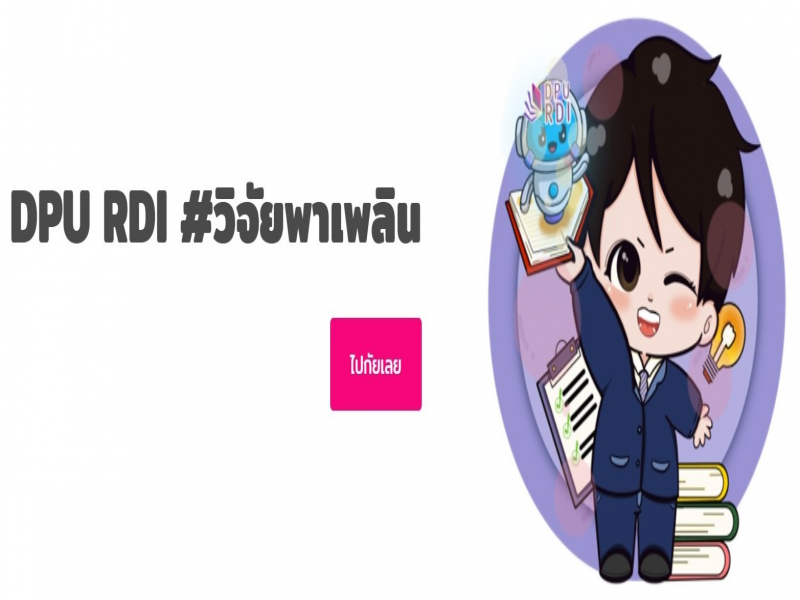รากฐานของการปกครองระบอบประชาธิปไตยที่มีพระมหากษัตริย์ทรงเป็นประมุขของไทยศึกษากรณีคำวินิจฉัยศาลรัฐธรรมนูญที่ 3/2562

บทคัดย่อ
This article aims to investigate the fundamental constitutional principles of Thailand’s democratic regime of government with the King as head of state as enunciated in Constitutional Court Ruling No. 3/2562 for the purpose of contributing to the comprehensiveness of academic knowledge on the subject.According to the findings, the fundamentals of Thailand’s democratic regime of government with the King as head of the state as found in Constitutional Court Rulings No. 3/2562 consist of three main principles: first, the principle of defining the unique identity of Thailand’s democratic regime of government with the King as head of state; second, the fundamental principle that the Royal Institution remains above politics and is politically neutral, which applies not only to the King but also to members of the royal family; and third, the principle of setting norms with which to define the concept of “traditional governance of Thailand as a democratic regime of government with the King as head of state”, which stands to fill the gaps in instances where there are no prescribed provision of the Constitution and is also considered to be a general constitutional principle and fundamental to the Thai Constitution.The article recommends that as Thailand has a written constitution, the fundamentals of democratic governance with the King as head of state that are not prescribed in writing by Constitutional Court Ruling No. 3/2562 should be explicitly prescribed in the provisions of the Constitution for clarity in constitutional enforcement and in accordance with the intent of the fundamental principles of Thai governance.
นักวิจัย :
ดร.กิตติศักดิ์ หนูชัยแก้ว
สังกัด :
คณะนิติศาสตร์ปรีดีพนมยงค์ มหาวิทยาลัยธุรกิจบัณฑิตย์
ปีที่เสร็จ :
2566
